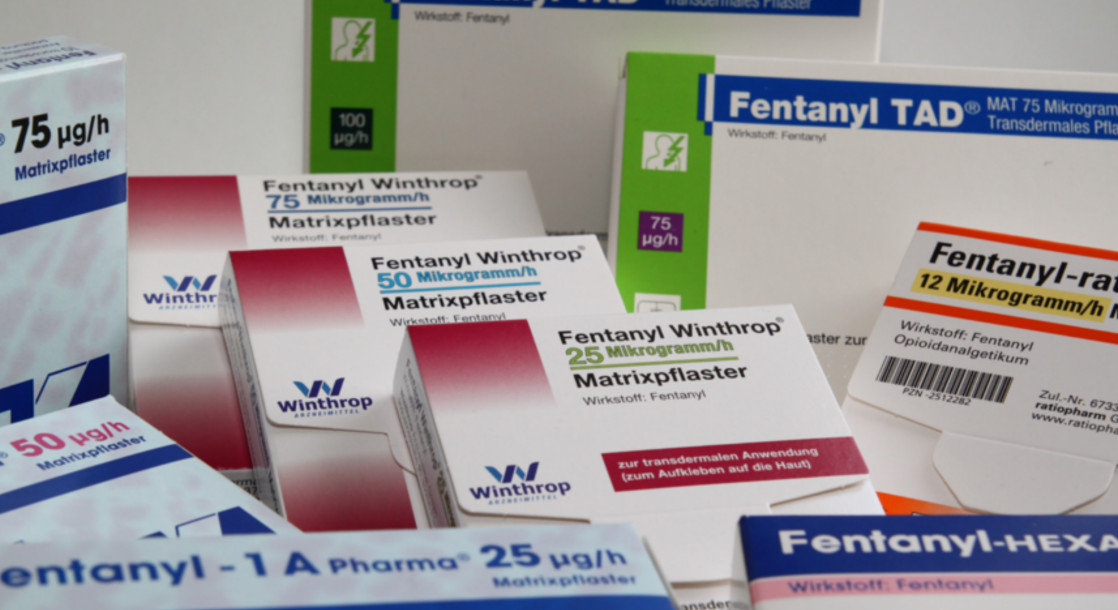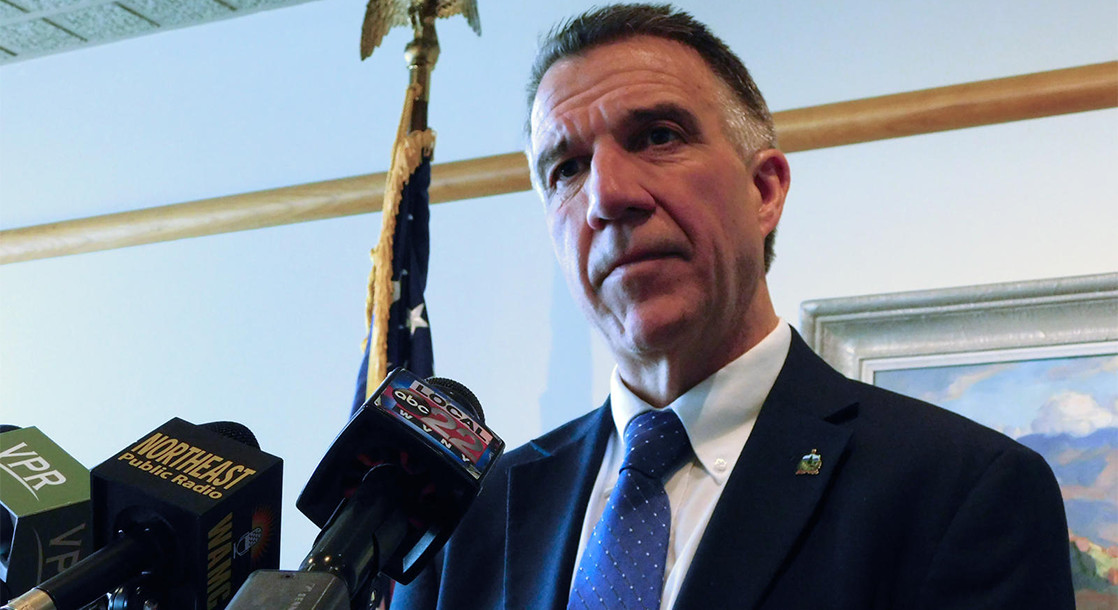Image via Wikimedia Commons
The founder of one of the country's largest pharmaceutical firms has been arrested and charged with bribing doctors to prescribe unnecessary opioid treatments to boost his company's profits. John Kapoor, majority owner of Insys Therapeutics, has been charged with conspiracy, along with a number of other felonies including conspiracy to commit mail and wire fraud. Six other executives at Insys have also been charged with assorted crimes in connection with the case.
The indictment alleges that Kapoor and his fellow executives conspired to bribe medical practitioners across many states to prescribe the company's fentanyl-based medical spray Subsys. The drug was only approved by the U.S. FDA for the treatment of cancer, but the Justice Department claims that doctors were offered payments and kickbacks to prescribe the medication to as many patients as possible, many of whom were cancer-free.
“As alleged, Insys executives improperly influenced health care providers to prescribe a powerful opioid for patients who did not need it, and without complying with FDA requirements, thus putting patients at risk and contributing to the current opioid crisis,” said Mark A. McCormack of the FDA’s Office of Criminal Investigations in a statement.
Insys has been in the headlines repeatedly over the past year, for both its opioid-related activities and for its suspicious moves into the pharmaceutical cannabis market. The company has written to the DEA urging them to continue the prohibition of naturally-derived cannabis, while at the same time receiving approval from the FDA to market a synthetically-derived THC medication. In 2016, the company gave $500,000 to an Arizona anti-legalization group to help fund their successful effort to block recreational marijuana legalization in the state, where Insys is also based.
The Justice Department has also claimed that the company's executives conspired to mislead and defraud health insurance companies that were hesitant to approve the drug's use in non-cancer patients.
The charges of conspiracy and wire fraud are punishable by up to 20 years in prison and a $250,000 fine each. The charges of conspiracy to violate the Anti-Kickback Law can bring up to five years in jail and a $25,000 fine.
“Pharmaceutical companies whose products include controlled medications that can lead to addiction and overdose have a special obligation to operate in a trustworthy, transparent manner, because their customers’ health and safety and, indeed, very lives depend on it,” said DEA Special Agent Michael J. Ferguson.
Earlier this year, Arizona Attorney General Mark Brnovich sued Insys over these same deceptive practices. “Insys lied to insurers, concealed key facts from doctors and patients, and paid doctors sham ‘speaker fees’ in exchange for writing prescriptions, all in order to increase the sales of Subsys, without regard for the health and safety of patients,” the Arizona suit alleged. “Insys made hundreds of millions of dollars from its deceptive scheme, but also put countless patients in harm’s way, exposing them to unacceptable and unnecessary risks of addiction and death.”











